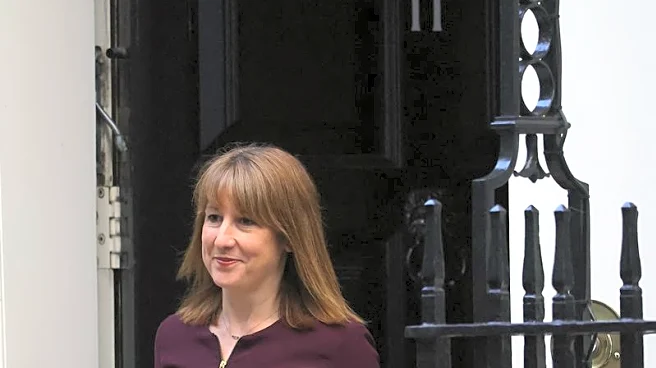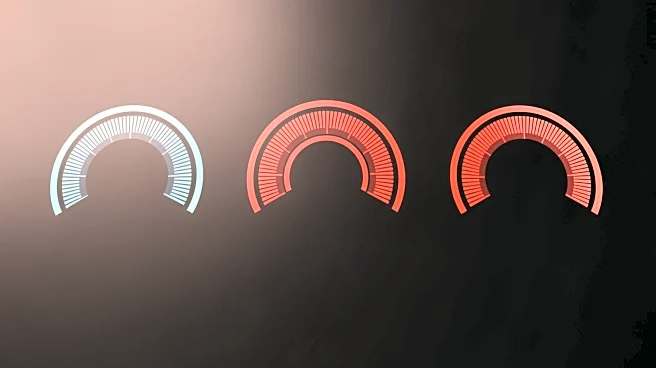By Alistair Smout and David Milliken
LONDON (Reuters) - Britain's finance minister Rachel Reeves said the government should focus on helping the Bank of England lower inflation, as well as boosting growth, ahead of a budget due later in the year which is expected to raise taxes.
Reeves last week insisted the economy was not "broken" when she set a November 26 date for her annual budget, promising to keep a grip on spending to help lower inflation and borrowing costs amid concern in the market over
Britain's fiscal picture.
Britain had the highest inflation in the Group of Seven large advanced economies at 3.8% in July, and the Bank of England forecasts it will peak at 4% this month before slowly returning to its 2% target by the second quarter of 2027.
Prime Minister Keir Starmer has said his Labour Party inherited a tough situation on the economy from the outgoing Conservative Party after last year's election.
But increases in taxes on businesses, attempts to cut welfare spending and continued arrivals of migrants via illegal small boat crossings have damaged the government's popularity.
Starmer sought to reset his government by shuffling his ministerial team last week, though Reeves was kept in post. In a first ministerial meeting of the new team, Reeves told them that tackling inflation was a top priority.
"(Reeves said) the government was focused on going further to support the Bank of England in reducing inflation, controlling public spending and driving growth," a Downing Street spokesperson said in a readout of a meeting of government ministers.
British 20- and 30-year gilt yields rose to their highest since 1998 a week ago, with investors focused on Britain's fiscal challenges and concerns that Reeves' budget might hit growth without raising much tax revenue.
Some economists have expressed concerns that potential budget tax-raising measures such as higher fuel duties and other levies could add to inflation in the short term.
Past government decisions on energy policy and to raise employers' national insurance contributions and the minimum wage have also been blamed for contributing to Britain's higher inflation rate.
(Reporting by Alistair Smout and David Milliken; editing by William James)















